I made the complete switch to a whole food plant based diet about a year ago, however I wasn’t specifically low fat until this weekend. We eat entirely plant based, relatively whole food, and not too much fat except special treats… but I can’t say I counted fat grams for many of the whole foods I added to recipes, such as coconut milk. Yes, I love coconut milk and avocados. Perhaps too much. And I wondered to myself for awhile now how low fat I was actually eating, and how much damage the whole food plant based ones might be doing.
Enter the McDougall Program way of eating
Thankfully, I attended a spectacular conference this weekend called the Advanced Study Weekend put on by Dr. John McDougall, of the Starch Solution fame. This variation of a plant based diet includes no oil, and very little fat, although The Starch Solution and this book as well both provide all the details and are heartily recommended.
While most of the foods I eat fall into this diet, I would use coconut milk and oil from time to time and almost liberally eat avocados. Many of the scientific studies I learnt about this weekend have convinced me that despite not eating any meat, eggs, dairy, or processed food (for the most part), I should still be very careful about these whole food items too. Whole food plant based no oil is my new regime.
Why low fat plant based no oil?
Over the next couple weeks, I will write notes about and share links to most of the studies we looked at over the weekend on this specific topic.
I was convinced by the end of the weekend that I would be dropping all use of oil (except in my DIY beauty products!), nut butters, coconut milk, and severely cutting down on avocado if I can handle the moderation, nuts and seeds (no problem on moderation with these). A bit more on moderation, below.
One of the most stunning things I witnessed in these presentations is the startling change you can make in such a short time by eating this way. Dr. Monica Aggarwal (cardiologist) showed photos of a patient with a nearly blocked left anterior descending (LAD) artery, who was a candidate for a stent. But instead of undergoing open heart surgery, this patient started eating a whole food, low fat plant based diet. And within 3 months the artery had the same appearance as it would have with a stent. In only 3 months! We can truly make remarkable changes to our health in a very short time following this way of eating, and eating low fat is key.
I will write about other exciting things I learnt over the next couple weeks.
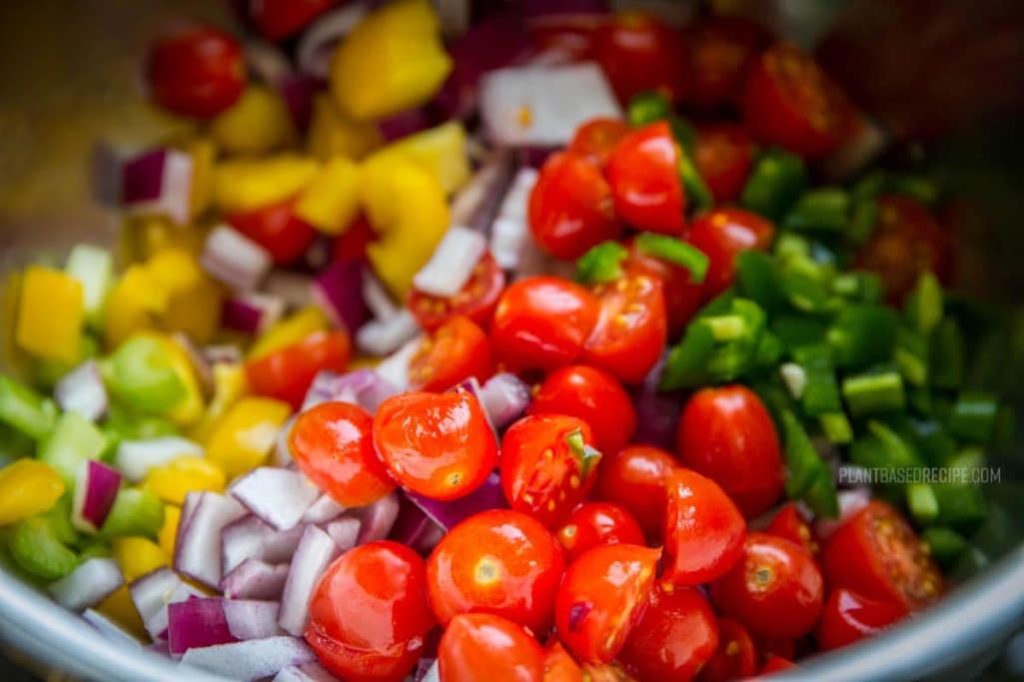
Also, I felt simply amazing after the weekend
I won’t lie: I loved not having to prepare my own healthy meals! But having a very low fat (under 10% fat) 3 days… I felt the difference at the end of those 3 days. Even though what I ate was fairly close to what I was already eating, the further fat reduction made a noticeable difference.
What about just a little bit of these high fat foods?
I’m not a big fan of moderation, because it’s so often a slippery slope. About 12 years ago I started watching my food intake. I had a physical where I learnt about my high cholesterol and blood sugar and triglyerides and ended up seeing a cardiologist due to breathing problems. Ever since then, I have eaten different ways. I have also tried so many different exercise programs (and luckily loved them a great deal, so sticking with them wasn’t a problem). I’ve also had a bit of an affair with wine.
Essentially: I know how moderation and my psyche work. I understand the habit loop. And I understand my weaknesses, and when I need to completely abstain.
For many things it isn’t a problem. For example, I’m rarely tempted to use oil and have no problem using alternative ingredients or drastically reduce the amount in a recipe. So removing oil won’t be too hard. But if I have certain fatty foods in the house (some vegan chocolate, nut butters), I’m tempted to indulge particularly in the late afternoon! I understand by now: if food is in my house and it’s something I tend to crave, I eat it. Especially if it tastes good, or the ingredient makes a recipe easier to finish when I’m tired.
So if you’re unconvinced, give moderation a try but make sure you record your usage carefully and see if you stick to your plan. Make a column for 7 days, and outline your plan and record what you actually do (using a measuring device), and see if they match. If so, moderation could work. If not, then you may want to avoid the food entirely.
In a nutshell: set yourself up for success.
Another important reason is I recently had my blood tests completed, and my cholesterol remains at almost the exact same number as 3 years ago on a diet rich in animal foods. So I really want to get the number down. My Triglycerides are low and my HDL to triglyceride ratio isn’t too bad (and I understand this is the most important ratio), but I could do much better. And I hope the high-carb-low-fat (HCLF) diet will help. I’ll test again in 6-12 months and see.
So here is to no oil, low amounts of fat, and whole healthy vegetables, fruits, starches, and whole grains!
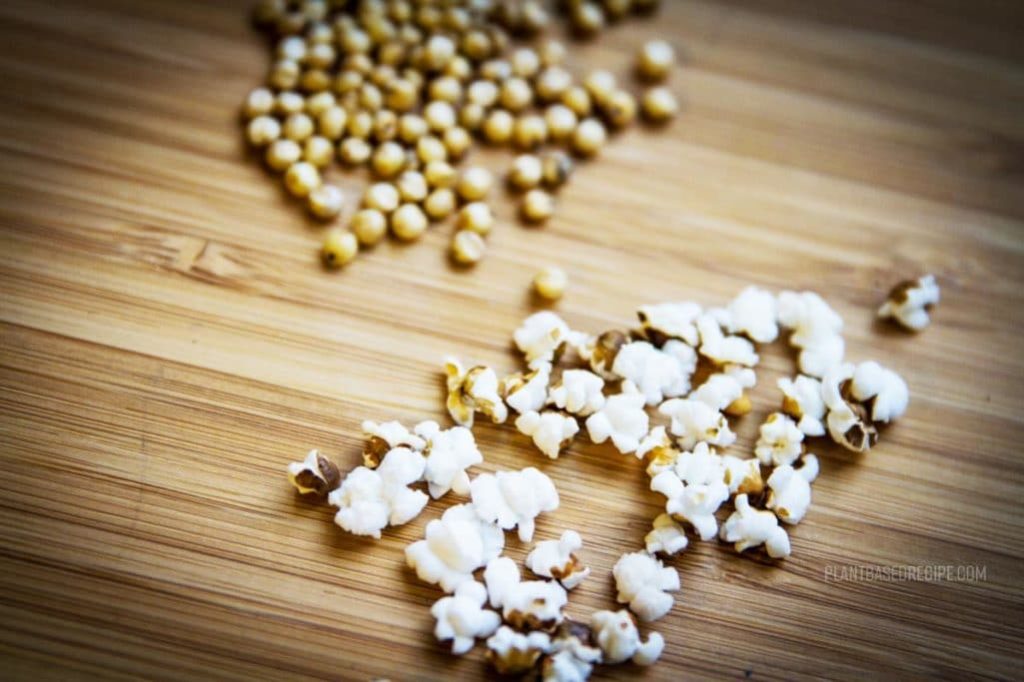
Won’t it be hard?
From how well I ate over the weekend, and giving a lot of thought to the dishes I eat that are already part of this version of a whole food plant based diet, I am not worried. It’s simply going to mean making a bunch of things I already love, and continuing to find more recipes like them. If you’re on this site, you probably know how many amazing recipes are out there and how many of them don’t involve fat. Spices and flavorings are an amazing and versatile thing. It’s fun to discover new ones (like tamarind concentrate and sumac this year), and the old standards never get old (peppers and citrus, anyone? Am I right?)
So I don’t expect this to be difficult, and I’m terribly excited about finding even better health.
What about the moderate or high fat recipes already on the site?
I plan to leave up the recipes on this site that contain coconut milk (several) and coconut oil (just a few). I might adjust the recipes where possible, if the general end result is about the same. If not, I may post new updated “low/no fat” versions and link these recipes to the higher fat versions. After all, people get to make their own decisions about what they want to eat of course.
Going forward, the recipes that I post on this site will fall into the low fat plant based diet, no oil category exclusively. Three cheers for #WFPBNO!
[sub]
- Pad Thai Protein Salad recipe from The Plant-Based Cookbook + Book Review and Giveaway! - December 9, 2020
- Lemon ginger bowl sauce with miso recipe (Oil free, no added sodium) - November 30, 2020
- New vegan bacon at Whole Foods Market – 300 store roll-out - November 15, 2020


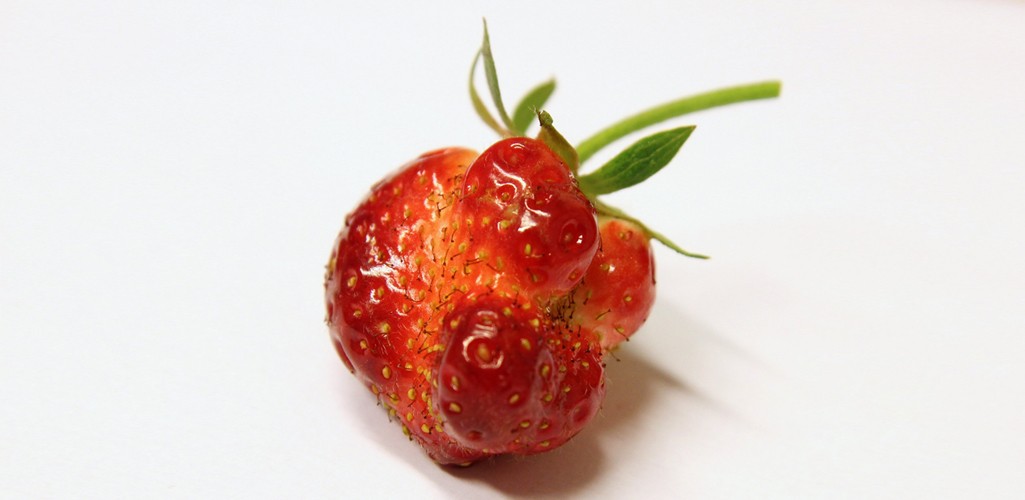
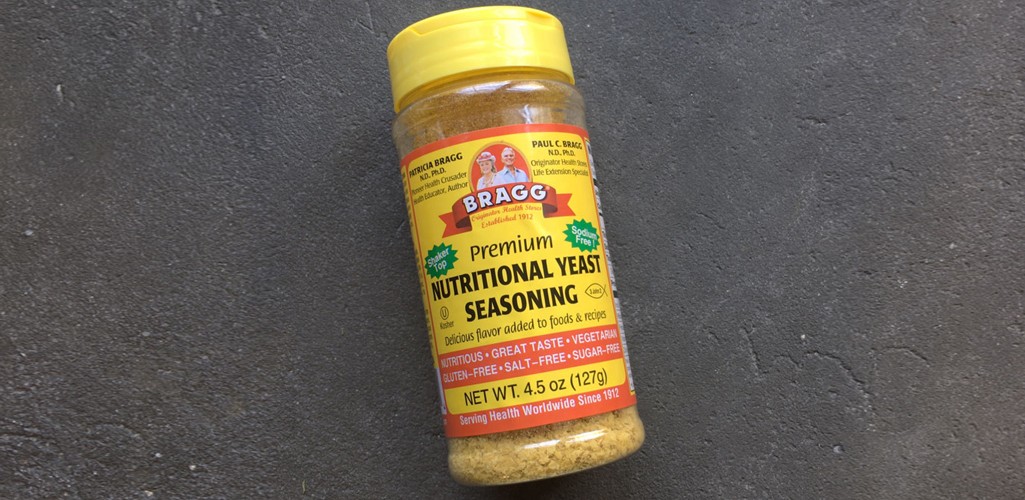
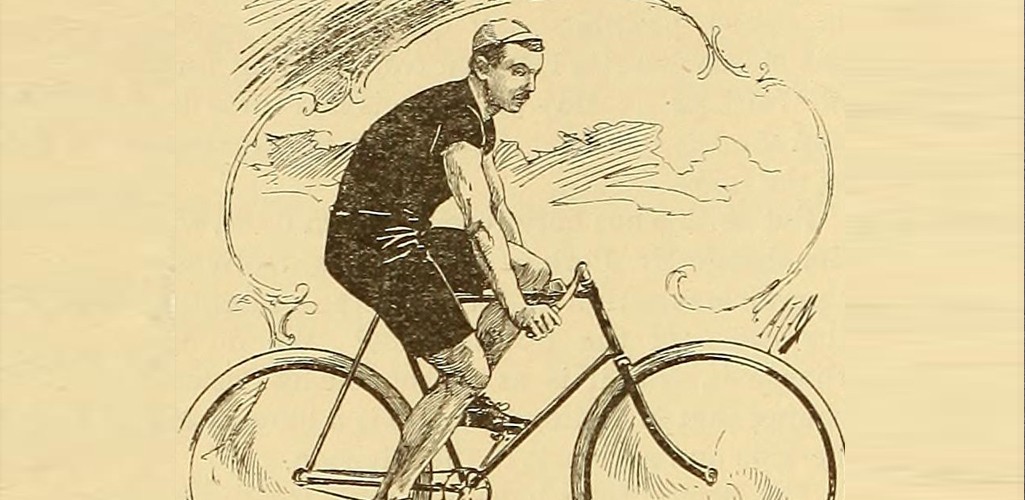

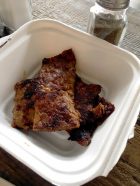
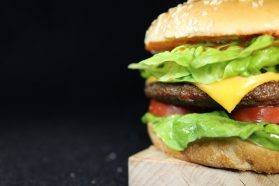
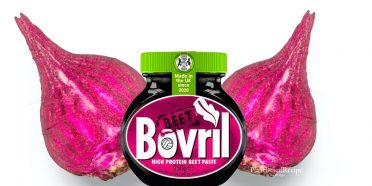


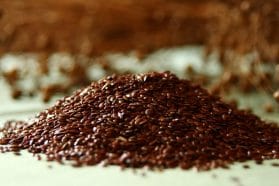
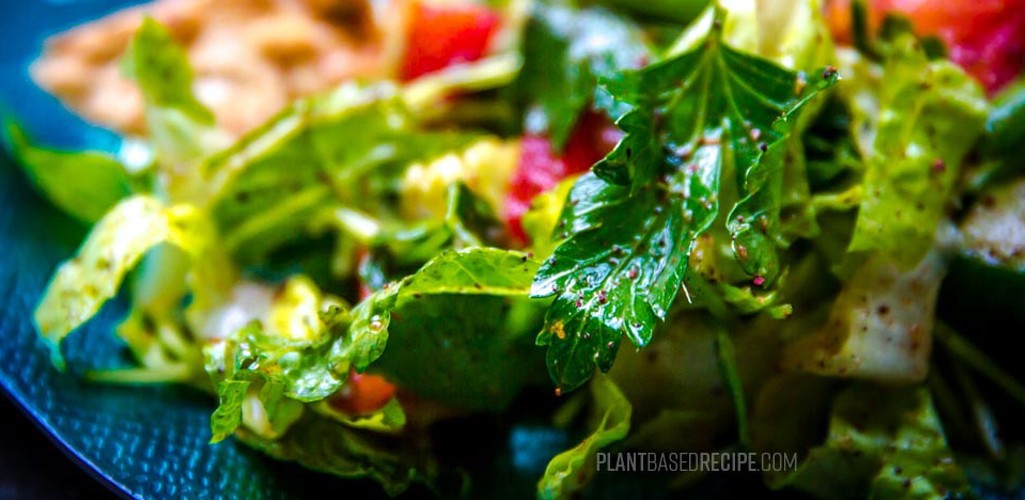


TheVeggiesaur
Hi Jen. I’m curious to know if you had success with lowering your cholesterol. I have been WFPB for over a year but my cholesterol is still elevated. I too love coconut milk, but my favorite is almond butter. I use the higher fat plant foods to keep my weight up. I’m concerned about losing weight as I remove these foods from my diet.
Jen @ Plant Based Recipe
It did lower the cholesterol in the test I had… maybe about a year after that point, however I haven’t had it measured in the past 2 years (I am waiting to go back due to covid). Interested to know if it has held up. It’s really a multifaceted thing though, so while oil omission might help it’s just one tool. One option might be to still incorporate the higher fat foods, but selectively (considering which fats are in there) and still avoiding oil due to its processed nature. Oil free still incorporates high fat foods 🙂
Vikki
Hi there,
I’m WFPB but I currently eat about 20% fat. If I cut out nuts and seeds I can get it below 10% but I also see a drop in calcium intake plus I worry that I may not be absorbing the fat soluble vitamins. Do you know anything about this? There’s really not much info out there!!!
Thank you for your thoughts, Vikki
Jen ~ PlantBasedRecipe.com
Hi Vikki!
It might be helpful to use a tracker for awhile to get a hang of where the nutrients and fat levels are at with changes. Chronometer can be a good one, but there are many trackers available depending on what platform (phone, browser, etc) you prefer to use.
An oil free or reduced fat diet isn’t a fat-free diet, which we definitely don’t want. We do want to keep dietary fats in the diet, which most food contains anyway, we’re just not adding more of them (isolated/extracted from whole food, like oil), or eating a large amount of the high fat ones. A diet around 10% total fat is supported by standardized and recognized nutritional guidelines as fine, the meals eaten just happen to be on the low end of the standard range. So you will still absorb those nutrients in this range.
A good article on this topic (that references studies) I had bookmarked is here: https://www.happyhealthylonglife.com/happy_healthy_long_life/2011/03/vitamin-a-.html It provides an example for working out vitamin A in the vested interest minefield that is nutritional studies, and how it absorbs fine in this range.
However if there are concerns or other health-related variables to address, it can be helpful to discuss with an RD experienced in this way of eating and can address in an individualized way.
Best of luck! –Jen
Monna Dailey
I have a recipe for curried vegetables that call for light coconut milk. I began leaving it out and it tastes the same and just as good as it did with the milk.
Jen @ PlantBasedRecipe
Isn’t it wild? 🙂